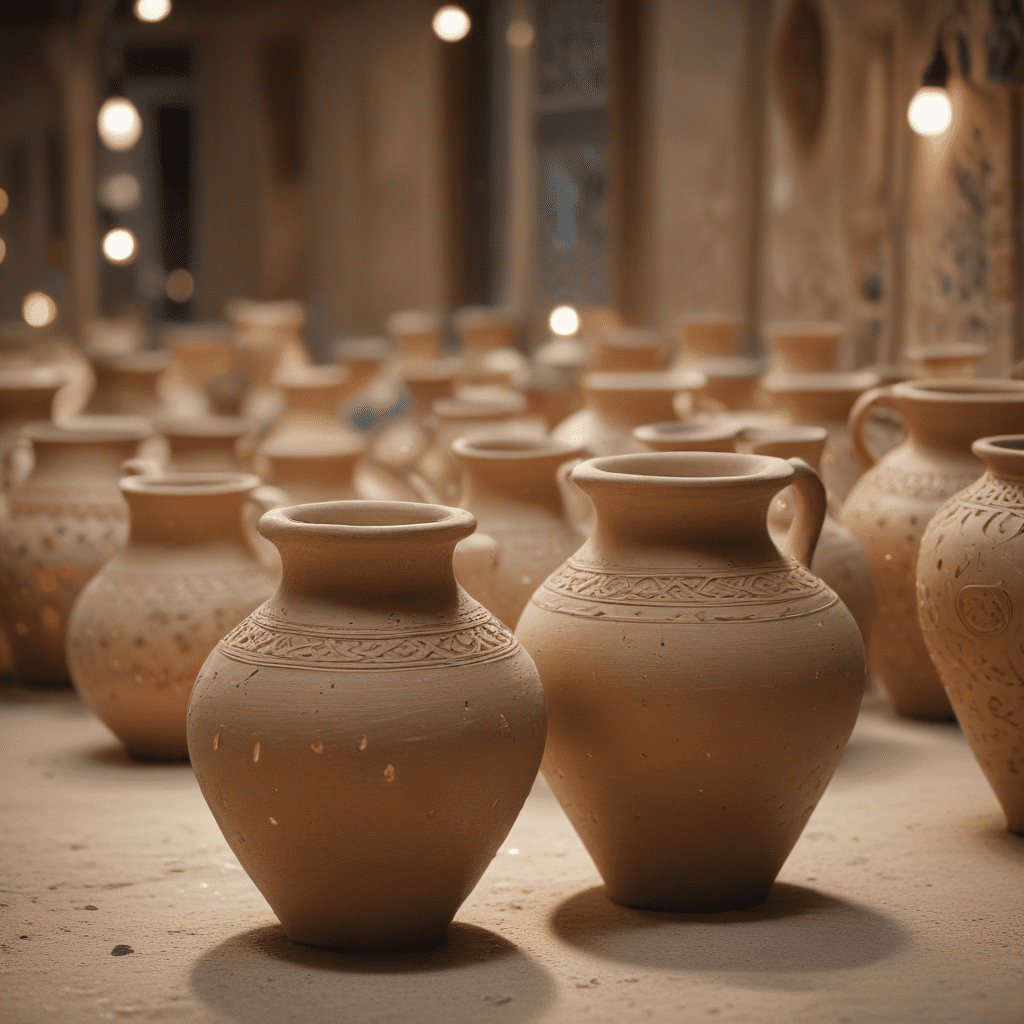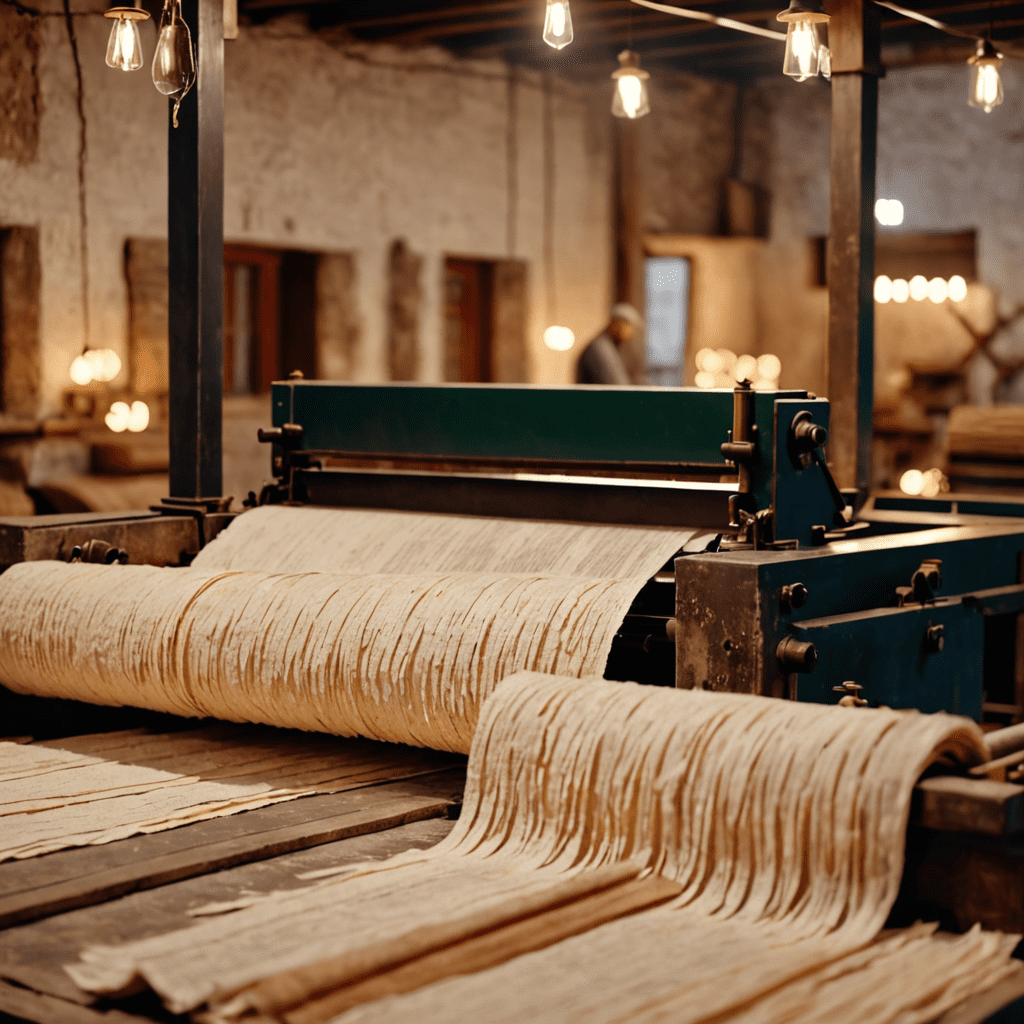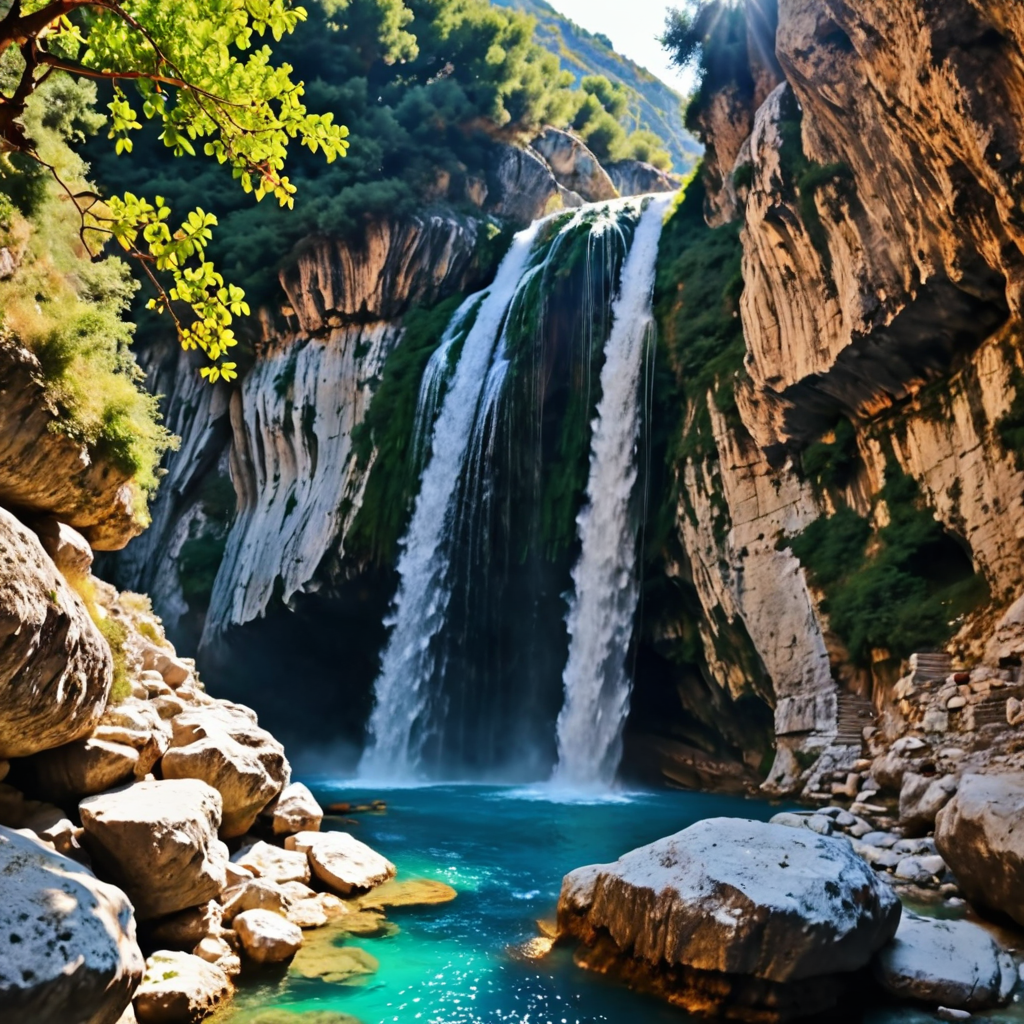
Exploring Bahrain’s Traditional Pottery and Ceramic Art
1. Introduction:
Bahrain, an archipelago in the Persian Gulf, boasts a rich history of pottery and ceramic art dating back thousands of years. The country's traditional pottery, rooted in ancient Dilmun civilization, reflects a blend of cultural influences from Mesopotamia, Islam, and neighboring regions. These handcrafted creations embody Bahrain's artistic heritage and play an integral role in preserving the nation's cultural identity.
2. Origins and Influences:
Bahrain's pottery traditions trace their origins to the ancient Dilmun civilization, which flourished on the archipelago from 3000 to 500 BCE. Excavations have uncovered exquisite ceramic vessels, figurines, and seals from this period, demonstrating the skill and creativity of Dilmun potters. Over time, Islamic influences became prominent, introducing new techniques and decorative motifs. Additionally, Bahrain's proximity to neighboring countries, such as Iraq and Saudi Arabia, facilitated the exchange of ideas and styles, further enriching the country's pottery traditions.
6. Traditional Uses:
Traditionally, Bahraini pottery served a variety of functional purposes. Unglazed pottery was primarily used for cooking and storing food, while glazed pottery was employed for decorative and ceremonial purposes. Architectural elements such as tiles and lamps were also crafted from pottery, adding beauty and functionality to buildings.
7. Contemporary Innovations:
In recent years, Bahraini potters have embraced contemporary innovations while preserving traditional techniques. Modern interpretations of classic designs, incorporating new materials and colors, have emerged. Collaborative efforts with international artists have further enriched the pottery scene, fostering cross-cultural exchange and inspiration.
8. Cultural Significance:
Pottery holds immense cultural significance in Bahrain. It embodies the country's artistic heritage, showcasing the skill and creativity of its artisans. Preserving traditional pottery techniques and designs is crucial for safeguarding Bahrain's cultural identity and passing it on to future generations.
9. Tourism and Economic Impact:
Pottery workshops and demonstrations have become popular tourist attractions, offering visitors a glimpse into this ancient craft. Tourists can witness the intricate processes involved in pottery making and purchase unique souvenirs to commemorate their visit. The pottery industry also contributes to the local economy, providing income for artisans and businesses involved in its production and sale.
10. Conclusion:
Bahrain's pottery and ceramic art is a testament to the country's rich cultural heritage. Rooted in ancient traditions and influenced by various civilizations, Bahraini pottery embodies the creativity and artistry of its people. Contemporary innovations and cultural significance ensure the preservation and evolution of this valuable craft. By promoting and supporting Bahrain's pottery industry, we not only safeguard a cultural treasure but also contribute to the nation's economy and artistic landscape.
FAQ:
Q: What is the difference between glazed and unglazed pottery?
A: Glazed pottery has a protective layer of glass-like material applied before firing, giving it a shiny and waterproof surface. Unglazed pottery, on the other hand, has a matte finish and is more porous.
Q: What are some of the common shapes and designs found in Bahraini pottery?
A: Traditional Bahraini pottery often features geometric patterns, floral motifs, and calligraphy. Common shapes include bowls, jugs, vases, and decorative tiles.
Q: Where can I find pottery workshops and demonstrations in Bahrain?
A: A'ali, known as the traditional pottery village, is a popular destination for pottery workshops and demonstrations. Other active pottery workshops can be found in various locations across the country.
Q: How can I support the preservation of Bahrain's pottery traditions?
A: Visiting pottery workshops, purchasing handmade pottery items, and attending cultural events that showcase the craft are all ways to contribute to the preservation and promotion of Bahrain's pottery traditions.


